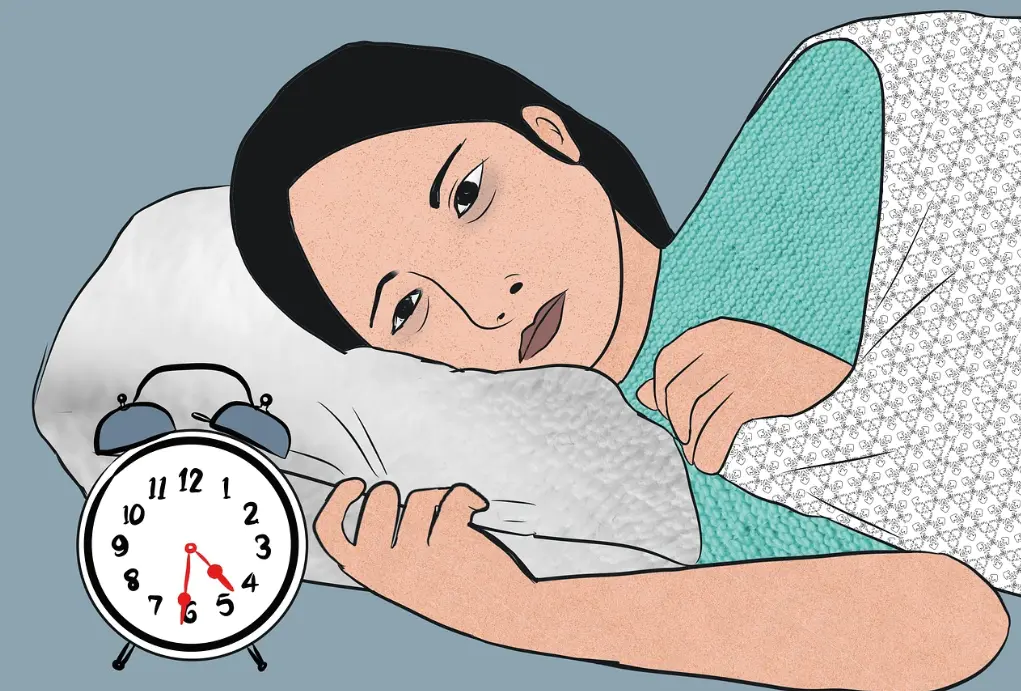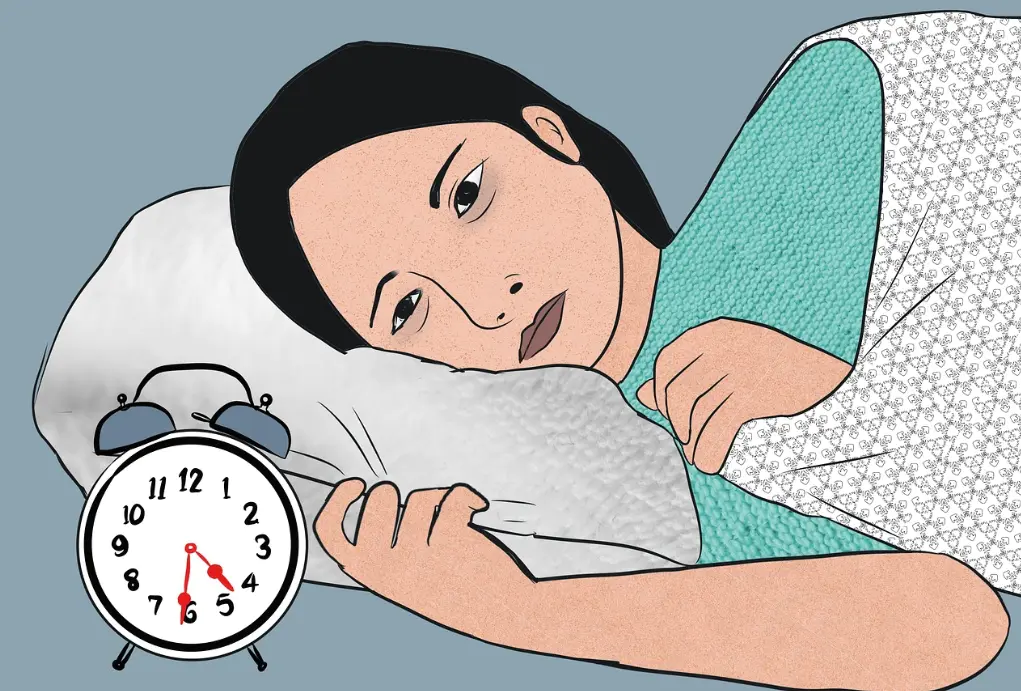Struggling with insomnia can feel overwhelming, but you don't have to resign yourself to sleepless nights. There are practical strategies to help you relax and reset your sleep cycle. Here’s a brief guide with expert-backed tips to help you fall asleep faster and improve sleep quality.
1. Create a Sleep-Friendly Environment
A calming environment is key to better sleep.
- Cool your room: Aim for a temperature between 60-67°F (15-20°C).
- Limit light exposure: Use blackout curtains or an eye mask to block out light.
- Reduce noise: Consider earplugs or a white noise machine if you’re in a noisy area.
2. Establish a Consistent Sleep Schedule
Your body thrives on routine.
- Go to bed and wake up at the same time every day, even on weekends.
- Avoid long naps during the day, as they can disrupt your nighttime sleep cycle.
3. Avoid Stimulants and Heavy Meals Before Bed
What you consume affects your ability to sleep.
- Avoid caffeine: Stop drinking coffee, tea, or soda at least 6 hours before bed.
- Limit alcohol: While it may help you fall asleep initially, alcohol disrupts deeper sleep stages.
- Don’t eat large meals: Try to avoid eating heavy or spicy foods right before bed.
4. Use Relaxation Techniques
Calming your mind and body helps you unwind.
- Deep Breathing: Try inhaling deeply for 4 seconds, holding for 7 seconds, and exhaling for 8 seconds. Repeat this for a few minutes.
- Progressive Muscle Relaxation: Tense and then relax each muscle group, starting from your toes and working up to your head.
- Guided Meditation: Apps like Calm or Headspace offer sleep-specific meditations that guide you into relaxation.
5. Limit Screen Time Before Bed
The blue light emitted by screens can interfere with melatonin production, making it harder to fall asleep.
- Turn off devices: Stop using phones, tablets, and computers at least an hour before bed.
- Try reading: Opt for a physical book or e-reader with no backlight to avoid disruption to your circadian rhythm.
Conclusion
Insomnia is challenging, but with small changes to your routine and environment, you can improve your sleep quality. Try these strategies consistently, and give your body time to adjust. If you continue to struggle with sleep, consider consulting a healthcare provider to explore other options.
Recent
See All2025-02-28
7 Essential Tips for Maintaining Healthy Joints
2025-02-28
Effective Weight Management: Simple Strategies for Long-Term Success
2025-02-28
Mastering Emotional Management: Practical Strategies for Emotional Regulation
2025-02-28
Strength Training for Beginners: A Simple Guide to Building Muscle Safely
2025-02-28
Understanding and Preventing the Common Cold: A Guide to Staying Healthy
Newsletter
Get life tips delivered directly to your inbox!






